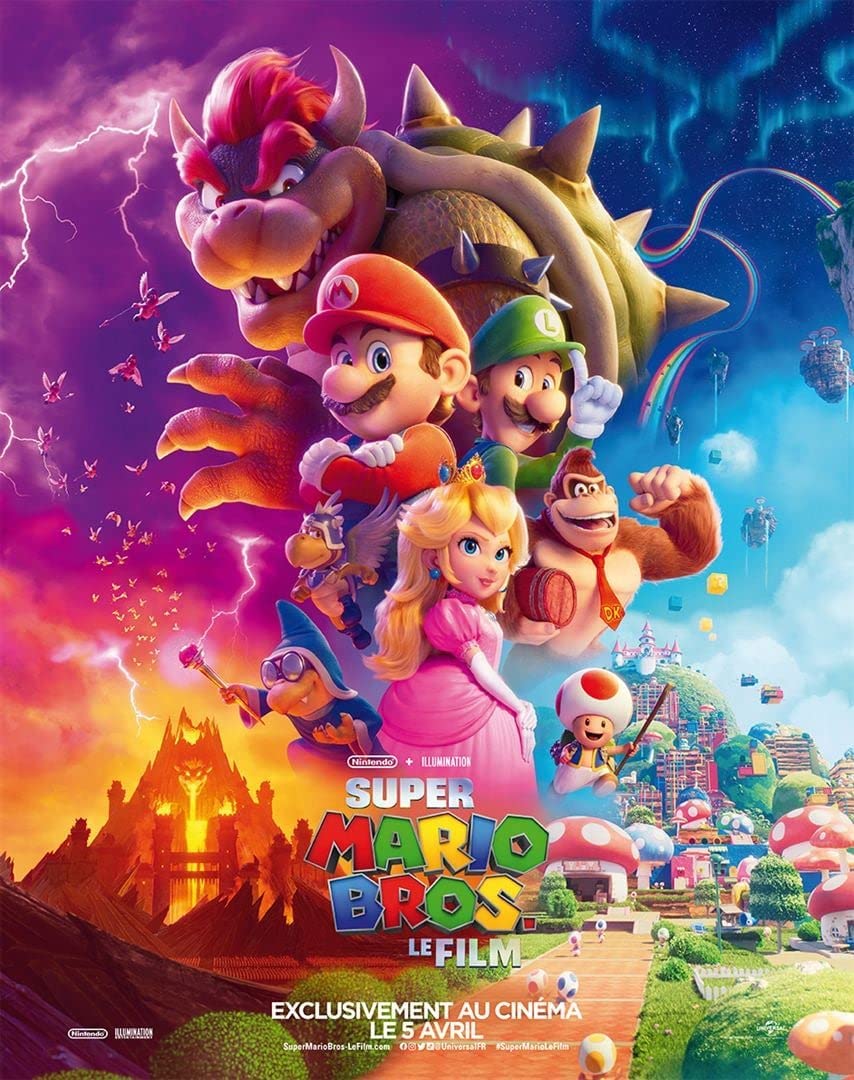As a young high school student, Light Turner finds a notebook promising the death of all those whose names will appear on it. Eager for justice, he will start a vendetta against all those who ignore the law. Isn't this the scenario of Death Note, a film by Adam Wingard released by Netflix? Expected with great impatience and apprehension, here is the review.
Hollow characters and an awkward cast
The characters of the film are unfortunately tasteless, their specificities being very little exploited. Light is just an awkward and vengeful teenager, Ryuk a secondary character who does not intervene much when his role should be essential in the development of the plot … As for L, his appearances have very little interest.The character exists only to state the obvious, which has the gift of being slightly annoying. Only Mia's intervention is "interesting", because we discover that she embodies more the image we have of Kira.

It's a shame to be so adamant, but the cast of Death Note is also disappointing. Nat Wolff may be a little too bland for such a demanding role. Margaret Qualley in her interpretation of Mia/Kira is not much more interesting. His character is certainly more "complex", but his interpretation lacks subtlety.But the biggest disappointment concerns the meagre contribution of Willem Dafoe, yet expected by all. He embodies an erased Ryuk, without any malice.
A scenario little built despite a promising theme
While we expected a film rich in twists and turns, it turns out that the script lacks body. The theme of justice as Death Note seemed to address it was nevertheless interesting and raised very relevant questions. "Can we do justice ourselves?", "Isn't fear the best police?", … So many questions to which the feature film answers very silly. The narrative is a cliché of the fight of good against evil, without any subtlety or nuance being palpable. The action itself is tasteless and the reversals of situation predictable as possible. Everything ultimately revolves around the main character and his romantic relationship. The use of the death book made by the protagonists boils down to a "Sex and Kill", where the justice rendered by Kira is compared to a post-coitum cigarette.

The specificities of the Death Note as well as its rules are also grossly exploited. The notebook contains a significant number of guidelines and possibilities that are not properly highlighted and integrated into the story. There is a real lack of work on this point. We only know four to five rules when we realize that there are more. Light himself never takes note of all the instructions, which is tremendously incomprehensible… And inconsistent with his position as "God of the New World."
A globally mastered achievement
Despite certain scripting flaws, Death Note can boast of having a realization consistent with the spirit of the film. The editing is dynamic and fluid, with rather accomplished and graphic shots. Everything flows elegantly, despite the rudeness of the content. The management of light and colors is not very original, but undoubtedly harmonious. The meeting between Kira and L is one of the most successful scenes. The dark atmosphere enhanced by touches of blue brings a lot of relief and evokes with subtlety the confrontation of the dark and morbid justice of one against the impartial justice of the other.
 The special effects are just as correct, Ryuk's modeling proving quite appreciable. The choice to always leave the character in the dark is debatable, but totally justified: Ryuk only intervenes very occasionally, always remaining in the shadow of the owner of the Death Note. There is therefore areal concern for aesthetics that is quite pleasant.
The special effects are just as correct, Ryuk's modeling proving quite appreciable. The choice to always leave the character in the dark is debatable, but totally justified: Ryuk only intervenes very occasionally, always remaining in the shadow of the owner of the Death Note. There is therefore areal concern for aesthetics that is quite pleasant.
A format problem?
But in the end, what if the problems mentioned were only a consequence of the format chosen? Death Note is spread over an hour and forty minutes, for a scenario that was extremely ambitious. Wasn't it suicidal to want to condense a complex work into less than two hours? Time is, indeed, the main constraint of the film. Everything is far too fast and events follow one another with little or no logic.  The relationships between the characters have little space to develop, the rise of Kira is meteoric without being able to feel the fervor that hovers around this adored but yet hunted character. The protagonists communicate very superficially with each other, their exchanges being summed up in tumultuous conversations or apostrophes without subtlety or depth of any kind.
The relationships between the characters have little space to develop, the rise of Kira is meteoric without being able to feel the fervor that hovers around this adored but yet hunted character. The protagonists communicate very superficially with each other, their exchanges being summed up in tumultuous conversations or apostrophes without subtlety or depth of any kind.
To top it off, Death Note is so fast that it becomes boring. There is a clear sense of Adam Wingard's inability to condense the original work, which is relatively frustrating. The "series" format would perhaps have been more judicious.
This was almost predictable but Death Note suffers cruelly from a lack of script development. Many aspects of the film lack finesse. The chaotic management of time completes to make this feature film mediocre despite a concern for aesthetics and a quite appreciable realization. This is unfortunately further proof through experience that it is often extremely risky to make a remake of a near-perfect original work.





































